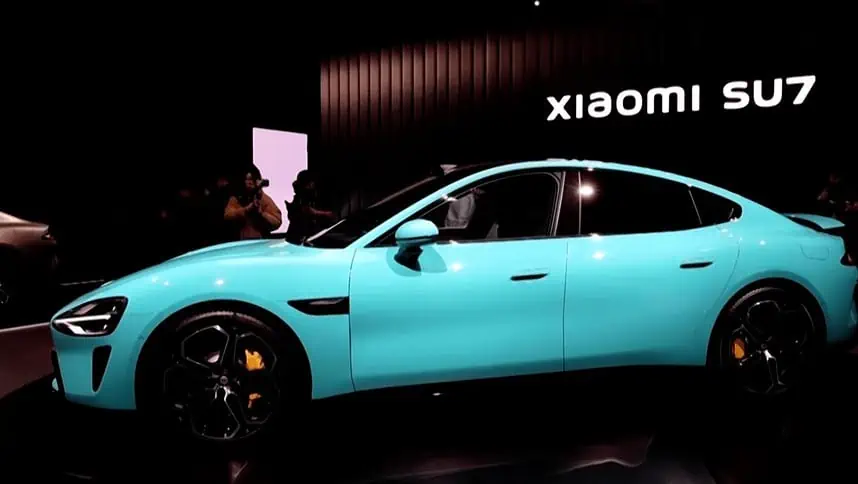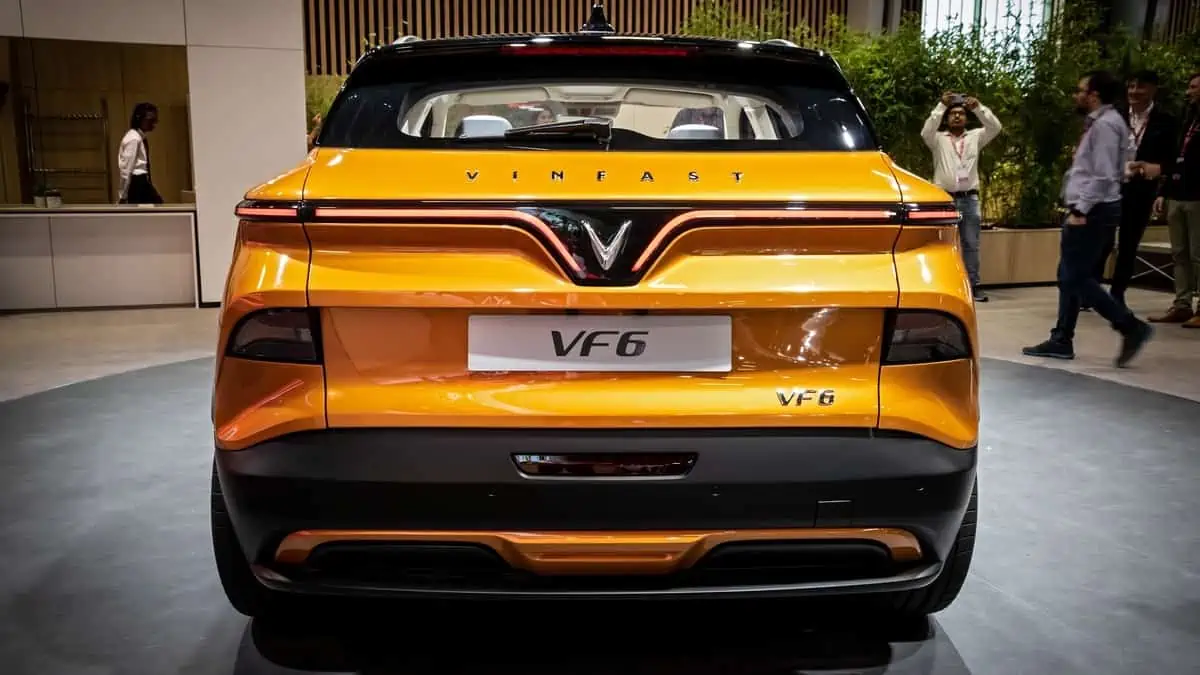Chinese tech giant Xiaomi Corp., through its automotive arm Xiaomi Auto, plans to further boost its electric vehicle production with a new $116 million land acquisition in Beijing, Bloomberg reported.
Xiaomi acquires land for EV production in Beijing
Xiaomi’s subsidiary Xiaomi Jingxi Technology Ltd. successfully acquired a plot of land in the capital worth about $116 million (842 million yuan) to meet the growing demand for its electric vehicles by ramping up production.
The newly purchased 53-hectare (131-acre) site is adjacent to the company’s operating electric vehicle factory in Yizhuang district, filings published by the Beijing Municipal Commission of Planning and Natural Resources revealed.
The filing also indicated that the company will use the land for the “development of the high-end automobile and new energy intelligent vehicle industry.”
Latest reports also revealed that Xioami bought two custom-made 9,500 tons giga presses from Haitian to produce the rear underbody gigacastings of the SU7 electric sedan.
Xiaomi SU7 enjoys early success
Xiaomi officially penetrated the electric vehicle industry in March 2024. It introduced its base model SU7 electric sedan with a competitive price of about $29,900 (215,900 yuan).
The Xiaomi SU7’s launch marks the initial part of Chief Executive Officer Lei Jun’s $10 billion strategy to dominate the highly competitive electric vehicle market.
Impressively, Xiaomi has already delivered about 30,000 SU7s so far. This remarkable progress makes it possible for the company to achieve its initial sales target of selling 100,000 units this year as soon as November 2024, indicating an almost two-month headway.
Looking forward
The popular smartphone giant also announced plans to produce and sell an electric sport utility vehicle (SUV) to challenge the likes of the Tesla Model Y and BYD Atto 3 as early as 2025.
In hindsight, Xiaomi also disclosed plans to finally initiate the construction of the second phase of its electric vehicle factory to achieve its target of completing the project next year. For reference, the first phase can produce 150,000 EVs per year.
The land acquisition to build a new production plant is no longer surprising, considering that Xiaomi successfully secured an independent car manufacturing qualification in July 2024. This certification allows the company to produce its own EVs even without BAIC Motor Corp., which was its manufacturing partner. However, Xiaomi has yet to reveal more specific details about its plans for the new land in Beijing.






